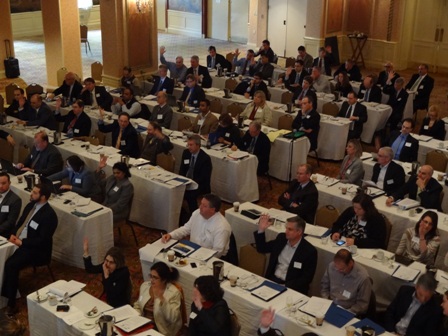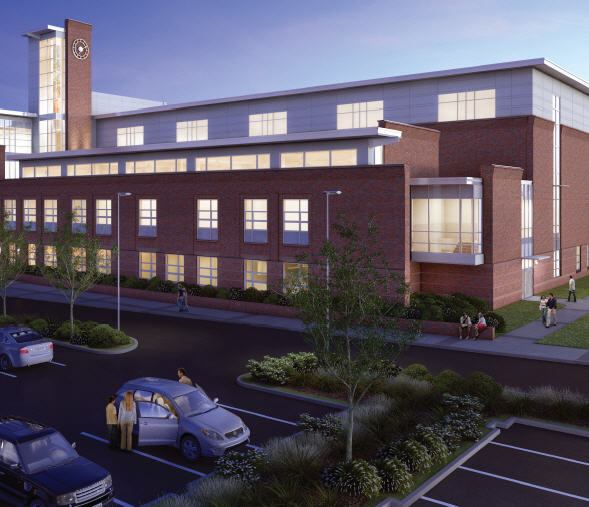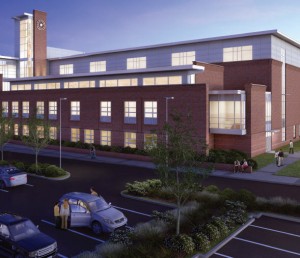ACEEE's City Scorecard and CAPEE
By Guest Contributor | Wed, October 21, 20
The American Council for an Energy-Efficient Economy (ACEEE) produces an annual scorecard rankin
By Guest Contributor | Wed, October 21, 20
The American Council for an Energy-Efficient Economy (ACEEE) produces an annual scorecard rankin
By Dave Hewitt | Fri, March 22, 19
Every city climate action plan I have ever read references moving to zero energy buildings as well as more stringent or zero energy building energy codes. These are great plan elements and certainly are “doable” things to include in a plan. That said, zero energy buildings are not all that easy to accomplish across the broader market, and they certainly won’t happen without a substantial supportive effort.
By Natalie Hildt Treat | Thu, August 1, 13
 Sweetums seems much less scary now that I’ve met the monster called mold.
Sweetums seems much less scary now that I’ve met the monster called mold.By Jim OReilly | Wed, March 13, 13
By Jim OReilly | Wed, March 13, 13
 To help set the table for the U.S. DOE and NEEP co-hosted dialogue on advancing industrial energy efficiency and CHP, NEEP's Sue Coakley is moderating a discussion on 'Opportunities and Successes.' She started this dialogue by showing a video from NEEP's 2012 Energy Efficiency Summit in Stamford, Conn.
To help set the table for the U.S. DOE and NEEP co-hosted dialogue on advancing industrial energy efficiency and CHP, NEEP's Sue Coakley is moderating a discussion on 'Opportunities and Successes.' She started this dialogue by showing a video from NEEP's 2012 Energy Efficiency Summit in Stamford, Conn.By Jim OReilly | Wed, March 13, 13
By Allison Webster | Tue, February 12, 13
 Last week, a damaging bill (HB 5749) for building energy efficiency was heard in Connecticut.
Last week, a damaging bill (HB 5749) for building energy efficiency was heard in Connecticut.By neepenergy | Fri, September 21, 12
 Wellesley High School. Photo: SMMA
Wellesley High School. Photo: SMMA